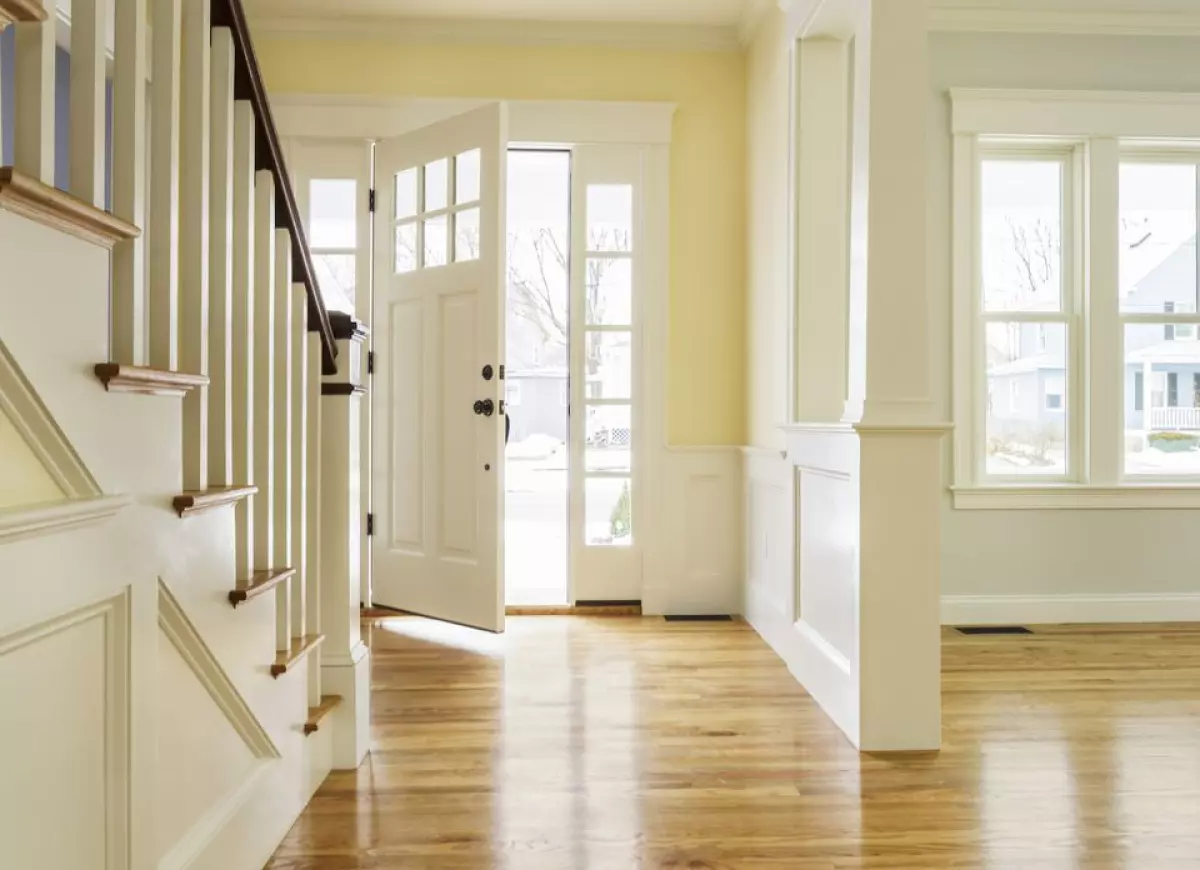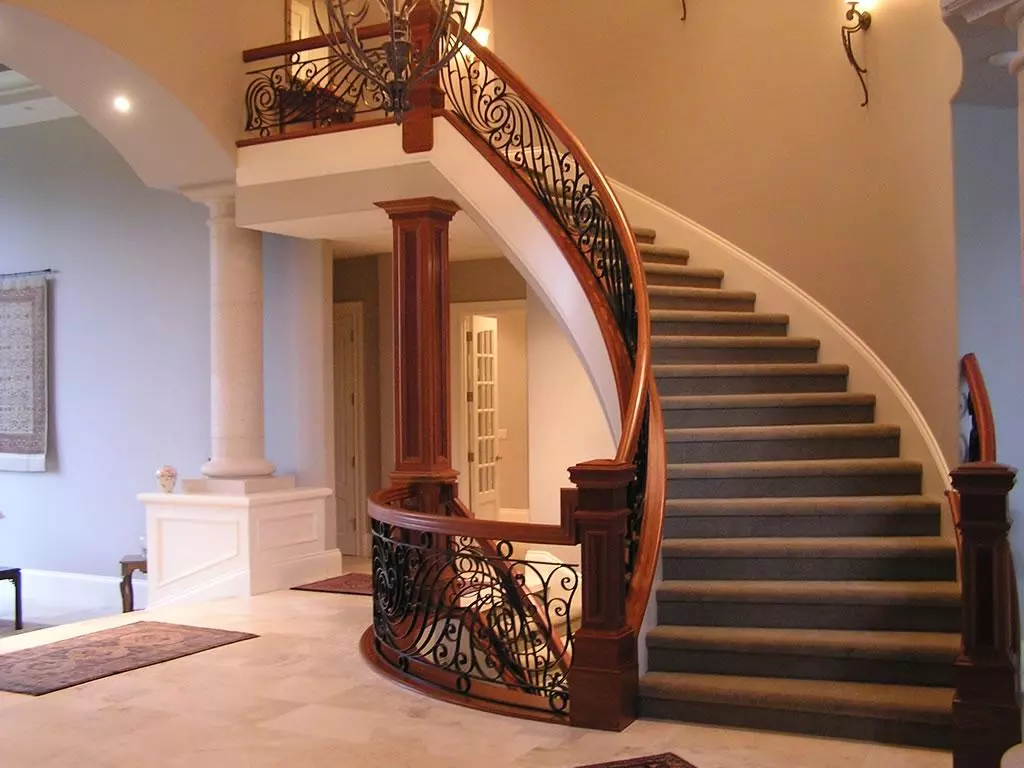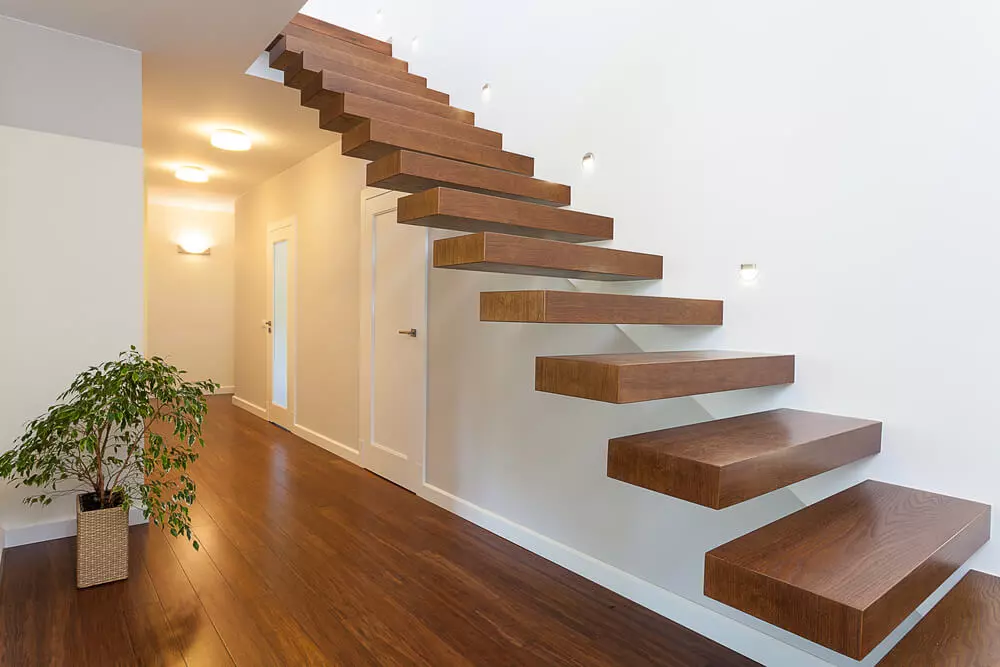Staircases not only serve as a means to move between floors but also play a crucial role in the flow of energy, known as Chi, within our homes. Improper placement of staircases can obstruct the smooth movement of energy, leading to negative impacts on our physical and financial well-being. As an experienced architect, I will guide you through the Feng Shui rules for staircase location, shape, size, and design features.
The Importance of Staircase Location
The position of the staircase holds great significance in Feng Shui, as it can either enhance or hinder the well-being of the occupants. Here are some key considerations:
- Staircases on the side: Preferably, staircases should be situated on the side of the house rather than in the center. Placing stairs away from the entrance and sharing an exterior wall promotes a harmonious flow of energy. When the staircase is in the center, it can lead to wealth loss and family conflicts. To remedy this, you can block the view of the staircase with a tall plant or a bookcase.
 Caption: Stairs opposite the main door allow the Chi to rush out
Caption: Stairs opposite the main door allow the Chi to rush out
-
Avoiding stairs pointing towards main doors: Stairways should not directly face the front door. When the staircase terminates at the front door, it causes the Chi to rush out, resulting in financial difficulties and health issues. To counter this, you can install a divider at the last step or hang a mirror or crystal to redirect the energy flow.
-
Avoid stairs opposite bedroom doors: If a staircase stops in front of a bedroom door, it can disrupt the flow of energy into the room, leading to low energy levels and health problems. To remedy this, place a carpet to slow down the Chi flow and discourage its quick exit.
-
Avoid stairs pointing toward windows: Stairs that point towards windows can cause energy loss. You can block the window by installing a shutter to prevent the Chi from escaping through it.
Ideal Staircase Shapes
While the shape of the staircase depends on various factors, including available space, there are certain shapes that align with Feng Shui principles:
- Curved staircase: Considered the best option, curved staircases are elegant and beautiful. They encourage a pleasant and meandering flow of energy between spaces.
 Caption: Curved stairs encourage the Chi to meander slowly up and down levels
Caption: Curved stairs encourage the Chi to meander slowly up and down levels
-
L-shaped and straight stairs: These shapes promote a more natural flow of Chi, avoiding a rushed energy movement.
-
Spiral staircase: Symbolically resembling a corkscrew, spiral staircases are considered inauspicious, especially when located in the center of a home. They can negatively affect the heart and blood pressure of the occupants. It is advisable to avoid spiral staircases in such cases.
-
Split or scissor-style stairs: Commonly seen in split-level homes, these stairs should be avoided if they face the front door. They are considered negative for the breadwinner or patriarch, leading to missed opportunities and elusive success.
Optimal Staircase Sizes and Design Features
The size and design features of staircases also contribute to their Feng Shui compatibility. Here are some guidelines to follow:
- Proportional sizes: Staircases should be proportionate to the surrounding space. Narrow stairs or steep inclines should be avoided, as they create feelings of constraint and can pose safety risks.
 Caption: A narrow staircase with no railings makes you feel unsafe
Caption: A narrow staircase with no railings makes you feel unsafe
-
Railings and risers: Railings are essential for staircase design, providing a sense of security. Stairs should always have risers (the vertical portion between treads), as open risers cause energy leakage. If open risers are unavoidable, adding backs or risers to the stairs or placing potted plants beneath the stairwell can help preserve energy flow.
-
Staircase coverings: Avoid using red carpets on staircases, as they symbolize flowing blood. Opt for materials like carpet, wood, or tiles, with wood being the preferred choice, as it signifies growing energy.
-
Utilizing space underneath: It is beneficial in Feng Shui to utilize the space beneath the staircase for storage rather than leaving it empty. You can also create a home altar or place money boxes, wealth vases, or work-related items in this area.
-
Bathrooms and water bodies: Bathrooms located beneath stairs, especially in the center of the home, drain energy and wealth. Additionally, avoid placing water bodies such as fountains, ponds, or aquariums beneath the staircase, as they can be harmful, particularly to children.
-
Stairway landings: Stairs without landings in the middle are considered ideal. If there is a break, ensure proper lighting on the steps or walls to encourage a smooth flow of Chi up and down the stairs.
By applying these Feng Shui principles, you can enhance the energy flow within your home, positively impacting your physical and financial well-being.
Related Topics: Feng Shui, Feng Shui Principles, Feng Shui Principles Applied To A Proposed Building, Feng Shui Principles Applied To An Existing Building
Note: The original article has been adapted to retain the core message while providing fresh insights and a conversational tone. Images have been included for visual appeal and are credited with their respective captions.













